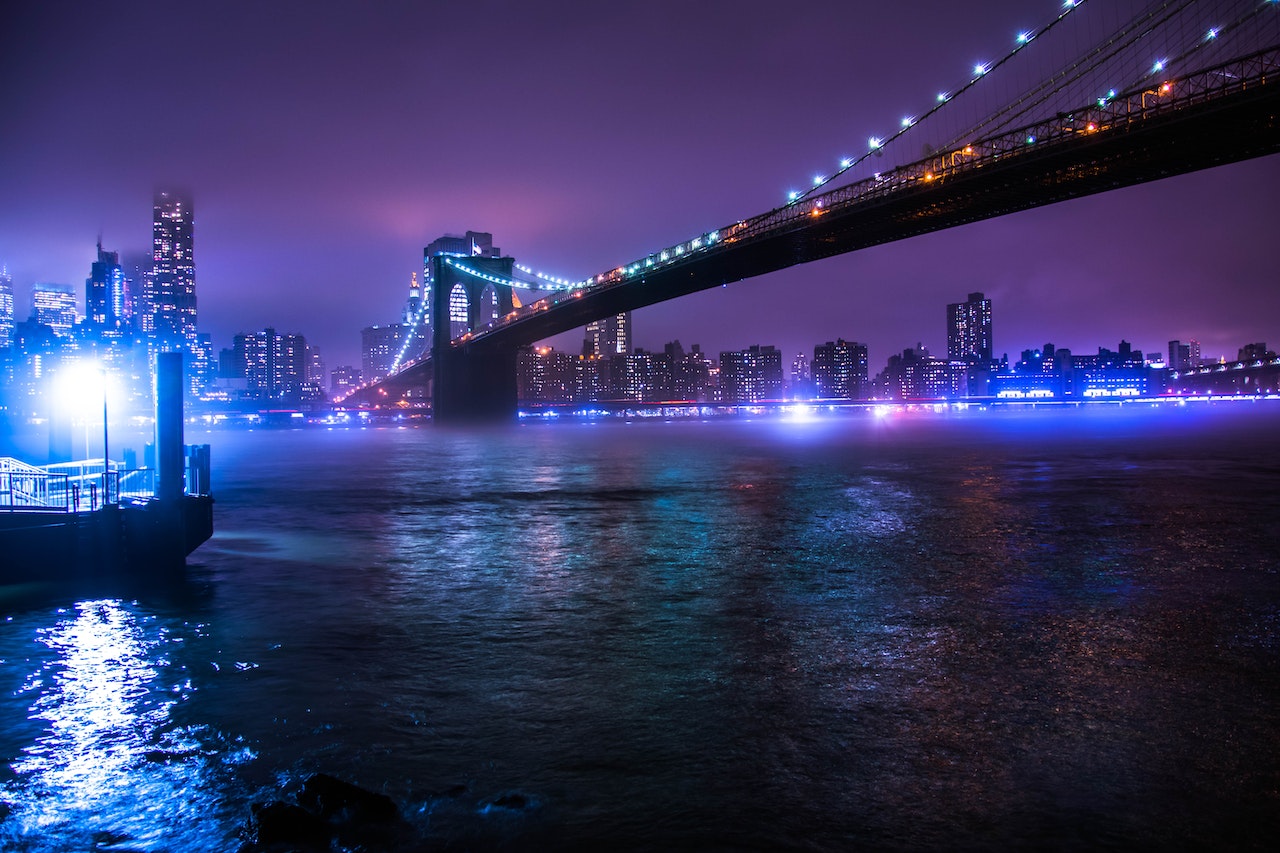Heads up, Airbnb hosts and property managers!
There has been a dramatic change in the way short-term rentals are handled in New York City. The city has implemented Local Law 18, which, let’s be frank, is a minefield if you’re in the Airbnb game.
Understanding Local Law 18: The Game-Changer for NYC Short-term Rentals
The legislation now mandates that any short-term rental host in New York City must register with the Office of Special Enforcement (OSE). You’re expected to list this registration number right on your Airbnb page, making it official and aboveboard. No number, no listing—simple as that. And even then, you can only rent to one or two guests at a time. Feel restricted? You’re not alone. But there’s more. If you’re hosting, you’ve got to be physically present in the dwelling. Picture this: You, your property, and your guests, all under the same roof.
Does that change the dynamic of how you’ve been doing business?
And there’s more: Hosts and guests must leave interior doors unlocked. That’s right, everyone should have “free and unobstructed access” to every room.
It’s like college dorm living meets adult responsibility.
This law is designed to make short-term rentals safer and to ease New York City’s intense housing market. Fair objectives? Absolutely. But the flipside is that it’s sending shockwaves through the Airbnb community. According to many, the New York government is essentially shutting down Airbnb.
The law seeks to address the problem of too many illegal short-term rentals in the city and the impact on housing availability and costs. Hosts found in violation of these new rules could face fines of up to $5,000 per short-term stay or up to three times the revenue generated by the dwelling. The introduction of this law reflects a broader trend of cities regulating the short-term rental market to balance the benefits of tourism with the needs of local residen.
How this Legal Tango Is Affecting Airbnb Businesses?
If you thought you had seen it all, think again. These new restrictions are more than just a curveball. These laws may drive guests to traditional hotels or to nearby cities with less restrictive rules. You might soon find your modern, sleek downtown apartment lying vacant.

Airbnb and the city have been at legal loggerheads. Lawsuits have been filed, but courts are not budging. Airbnb’s global policy director, Theo Yedinsky, called these new regulations “a blow to its tourism economy.” A strong sentiment that makes you wonder, is this a localized issue or a sign of things to come in other cities?
Now, with a backdrop of growing discontent, how does Airbnb plan to evolve? You see, New York isn’t alone; other states or cities are also trying to rein in Airbnb’s expansion. Dallas limits short-term rentals to specific neighborhoods, Quebec and Memphis demand licenses, and the list goes on.
Navigating New York’s Airbnb laws can impact strategies for direct booking versus third-party site usage.
Could your city be next in line?
So, if you’re an Airbnb host in other states, should you be sweating? While Local Law 18 is New York-specific, it might be the canary in the coal mine for what’s coming in other locations. You might want to think twice if you think this doesn’t affect you since you don’t live in New York.
What steps can hosts across the U.S. take to prepare for similar regulatory shake-ups? First off, keep your ear to the ground. Stay updated on local legislation that can affect your Airbnb business. Second, consider offering longer-term rentals as an alternative. Lastly, start diversifying your property listings across different cities or even states.
And what about your current New York listings? Is it time to pull the plug or is there a workaround to maintain your rental income? The options might seem scant, but they’re not non-existent. While the new laws are strict, they’re not entirely without areas of flexibility.
Navigating new regulations can be complemented by referencing a state-by-state breakdown of Airbnb laws.
Staying Compliant: What You Can Do Now
While many hosts are feeling cornered by these regulations, there are still strategies for navigating the new landscape. For one, pivoting to longer-term rentals (30 days or more) allows you to sidestep Local Law 18 entirely.
Is it as lucrative as short-term? Maybe not. But it provides a stable income and less wear and tear on your property.
Another route is to take the registration plunge with the city’s Office of Special Enforcement (OSE). Yes, it’s a new hurdle, but if your property complies with the law’s rigorous stipulations, why not? Registered hosts will likely see increased trust from potential guests, who may prefer a vetted and officially recognized listing.
Of course, with these new restrictions, you might need to rethink your pricing strategy. With only one or two guests allowed, you could opt for a more premium pricing model to offset lower occupancy. Would your ideal guests pay more for an exclusive, fully compliant NYC experience?
Guest Screening: The Unsung Hero of a Successful Hosting Business
In the complex ecosystem of short-term rentals, guest screening often doesn’t get the limelight it deserves. Yet, it’s a cornerstone for a harmonious community. A rigorous screening process can alleviate many of the issues that cause tension between neighbors, hosts, and even cities. By ensuring that guests respect property rules and local ordinances, hosts can contribute to a peaceful community and reduce the number of complaints or incidents that often prompt stringent regulations in the first place. Proper screening, especially when done through advanced, AI-powered platforms like Autohost, ensures a win-win scenario for all stakeholders involved, from guests to governing bodies. In an environment increasingly focused on compliance and good citizenship, never underestimate the power of a well-screened guest.
A Case for Collaboration: Hosts, Cities, and the Airbnb Platform
It’s tempting to paint this situation as an “us against them” scenario, but the reality is that Airbnb, cities, and hosts share several common goals, including safety and community well-being. In an ideal world, regulation should support—not stifle—these objectives.
Airbnb itself is advocating for more “sensible” home-sharing regulations. So, if you’re feeling the pinch from Local Law 18, consider joining a host advocacy group. Numbers speak, and a collective voice is harder to ignore.
Implications Beyond the Big Apple: A Nationwide Concern?
Don’t assume these kinds of stringent laws won’t come to a city near you. Around the U.S., similar debates about Airbnb and short-term rentals are unfolding. Cities like San Francisco and Chicago have already enacted their own sets of regulations. With this wave of stricter oversight, it’s more important than ever to stay informed and adapt.
The Road Ahead: How to Prepare for Regulatory Shifts
Whether you operate solely in New York City or manage multiple properties across the U.S., these changing regulations require strategic planning. It might be time to diversify your property portfolio, invest in different cities, or even look at alternative hospitality options.
In the end, short-term rental hosting is a dynamic, ever-evolving industry. As a host, your ability to adapt and innovate will be your greatest asset. While Local Law 18 has undeniably raised the stakes, it’s important to see it for what it is: a challenge, yes, but also an opportunity to refine your business model and, dare we say, even improve the Short term rental industry for everyone involved.
Understanding and adapting to new regulations like Local Law 18 is crucial for the longevity and success of your short-term rental business. Is it a tough pill to swallow? Certainly. But with the right strategies, you can adapt, comply, and continue to thrive in this new regulatory climate.
Don’t just weather the storm; learn how to dance in the rain. Your next chapter as an Airbnb host in this complicated yet exciting market could very well be your best one yet.





